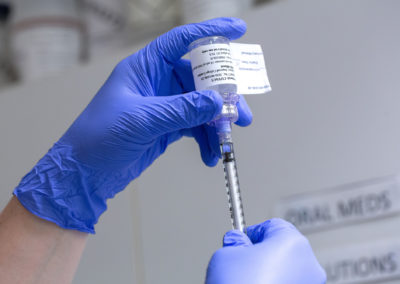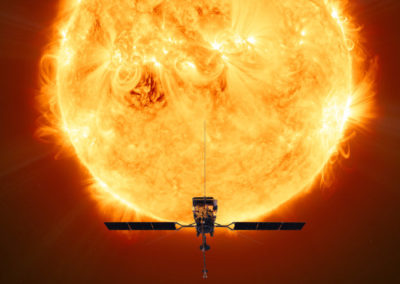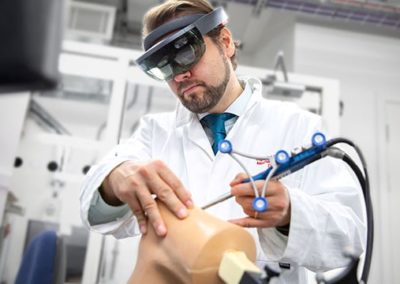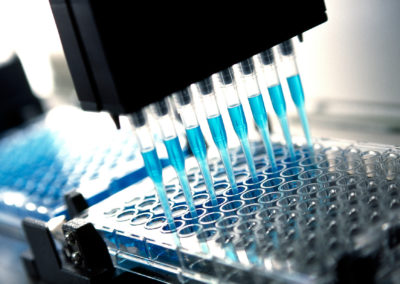Imperial’s interdisciplinary expertise in bioengineering leads the field and spans many disciplines
Whether you need help developing novel biomaterials or determining the motion analysis for a new product, we can find the right people to help you solve a problem flexibly and responsively.
Biomaterials – wound and tissue repair
- Neural interfaces (imaging, interaction between metal/silicon and cells)
- Nanoparticles in cancer therapy
- Epigenetic dysregulation of cell signalling
- MicroRNA therapies
- Tissue engineering
- Dynamically manipulating the behaviour of cells and tissues
More information on the research from the team can be found on the Almquist Lab site.
Experts include:
- Dr Ben Almquist – expertise combines materials science, nanotechnology and biology to develop methods for dynamically manipulating the behaviour of cells and tissues.
Further expertise areas at Imperial include:
Plant sciences, microbial physiology, systems biology and mathematical modelling, catalysis/synthesis, chemical biology, flow chemistry, sustainable manufacturing processes/construction, process design, biomechanics amd mechanobiology, cell and molecular bioengineering, human and biological robotics and neural engineering.
Advisory services
Product design, research methods, data analysis, technology evaluation for investment, technological innovation, patent evaluation, prototype and protocol development, policy, cyber security and more. Assisting museums, writers, film makers and artists to ensure creations scientifically sound.
Expert insight
Membership of Scientific Advisory Boards and Technical Panels, advice and guidance on drug development programmes, thought leadership, conference speakers, literature reviews and provision of foresight.
Analysis and testing
Use of the world-class specialist facilities and technicians at Imperial for projects ranging from aerodynamic measurements and medical imaging to structural testing and analysis.
Our consultants are world-leading experts in their field, committed to on-going research.
Who to contact:

Vibhor Jajoo
Engagement Manager
For Chemical Engineering, Earth Sciences, Bio-Engineering, Bio-Tech and Medical Devices.







